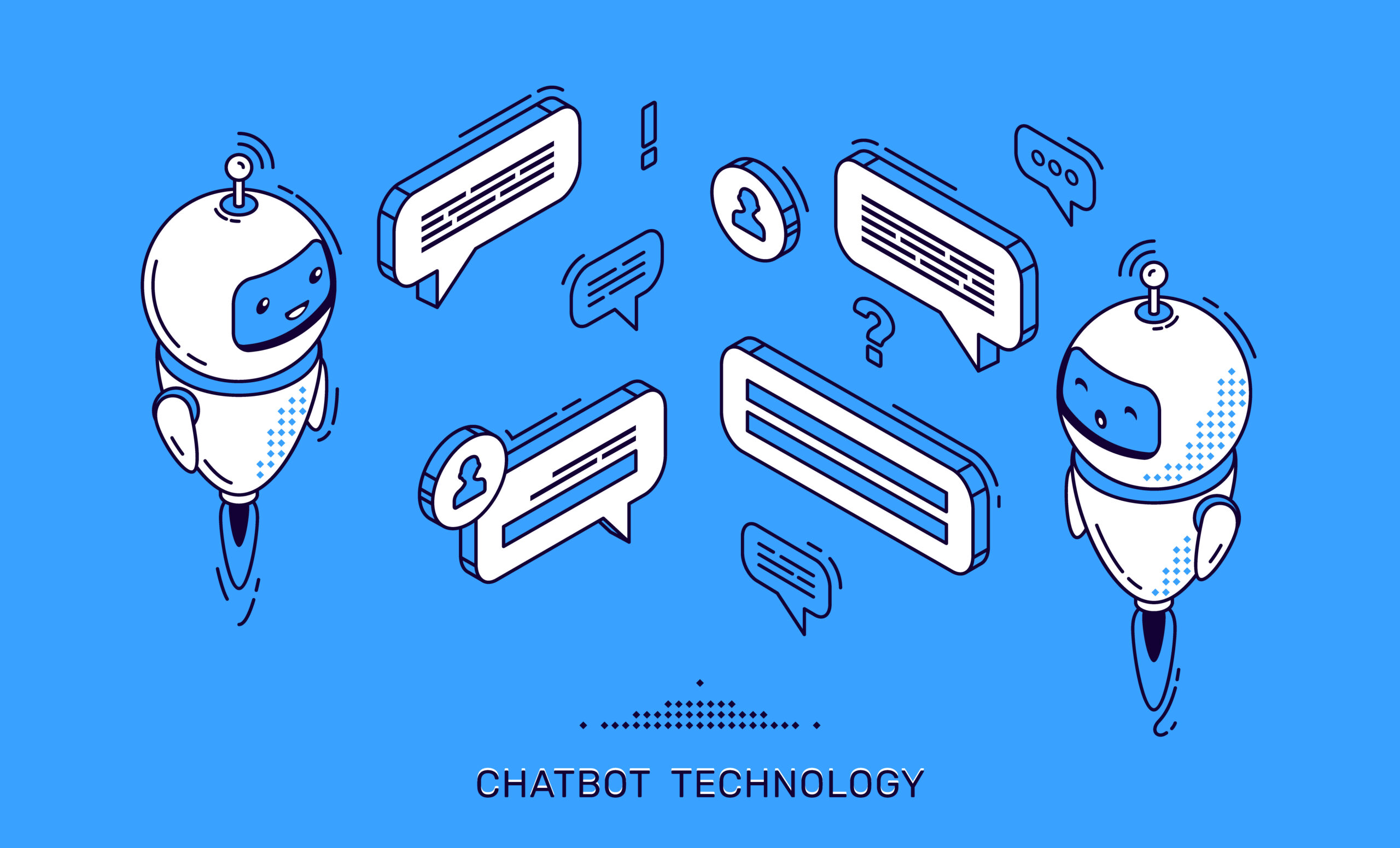
THE Large Language Model (LLM) they are the undisputed protagonists of the new digital era.
They write texts, translate languages, solve complex problems, create code, and interact with users seamlessly. But… Are they really intelligent? And if so, how much?
Measuring the performance of Artificial Intelligence isn't just a technical challenge, but a cultural, social, and strategic one. In this article, we try to answer a crucial question for those working in the tech world:
How do we evaluate the effectiveness and reliability of generative language models?
What is an AI benchmark?
A benchmark it's a standardized test which serves to measure an LLM's abilities in specific areas: logic, linguistic comprehension, encyclopedic knowledge, problem solving, creative writing, programming.
The most famous?
- MMLU (Massive Multitask Language Understanding)
- ARC (AI2 Reasoning Challenge)
- Hellaswag
- BIG bench
- HumanEval (by code)
In practice: we subject the AI to a battery of questions and we evaluate whether he answers correctly.
But can we really judge intelligence? human…with quizzes?
The Benchmark Paradox: AI Learns from Tests
A big problem with benchmarks is that, over time, models they begin to "study" the questions of the tests.
How? It is enough that the datasets used for training contain (even partially) the benchmark questions, and the AI remember statistically.
Result?
GPT-4 gets top-notch results… but on questions it's probably seen before.
The scores seem to be going up, but they no longer measure intelligence, but rather "algorithmic memory".
The model is good at testing, but fails in the real world, where the questions are new, ambiguous, and non-standardized.
When scores are deceiving
Imagine a chatbot that gets a 90% on the MMLU logic test.
Then you ask him:
“Write me a Python script to extract emails from a CSV, but only those with a company domain.”
Answer? Wrong code, not working.
The problem is not AI.
The problem is that we don't know what we're really measuring.
Benchmarks test one thing at a time, under controlled conditions.
But the value of an LLM lies in its ability to operate in real contexts, where needed:
- understand the ambiguity
- manage the interaction
- produce usable results
What we should measure in an LLM?
In the real world, intelligence is not just “answering a question well.”
AND interact effectively, to adapt, learn, produce value.
Here are the metrics that really matter, according to DigiFe:
- Context – Do you really understand the complete request, even if it is nuanced?
- Relevance – Is the answer useful to the user or just “linguistically correct”?
- Transparency – Does it justify the sources? Does it point out the limitations of the answer?
- Controlled creativity – Is it able to generate new outputs, without inventing facts?
- Robustness – Can you handle ambiguity, sarcasm, human error, and hybrid questions?
LLM, Benchmarks, and Business: What Digital Professionals Need to Know
For a'communications, development and marketing agency like Digife, LLMs are precious tools… but they need to be understood thoroughly.
Yes, we use AI in our processes.
Yes, we test LLMs for copywriting, SEO analysis, data research, and technical support.
But we never trust scores alone. Here's why:
- A model that does 90% on MMLU may write flat or unusable text.
- A “poorer” LLM can offer better performance in specific tasks.
The future? Customized benchmarks and dynamic testing
The most interesting direction today is that of the dynamic benchmarks:
- New prompts generated on the fly
- Real-world contexts simulated via API or plugin
- Models tested on real projects, not just quizzes
Even companies and agencies like ours are starting to develop internal metrics to evaluate AI:
- Ability to produce copy with a brand-consistent tone
- Code quality based on stack and performance
- Adaptability to human workflows
Less hype, more (real) intelligence
Benchmarks are useful. But they're not enough.
In 2025, the true measurement of AI intelligence must take into account the value generated, of operational reliability, from the ability to collaborate with humans.
At Digife we don't just look at the numbers. We look at How AI works with us.
Every day we are building a more conscious and concrete way to integrate the potential of artificial intelligence into our projects.
Write to us at info@digife.it and we'll help you evaluate tools, limitations, and real opportunities.






